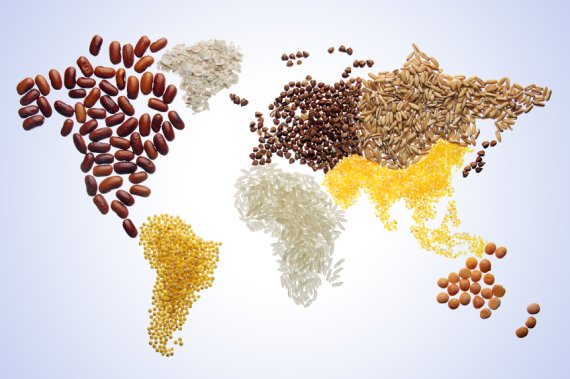Genetic modification/engineering is bad business, or so environmentalist campaigners stubbornly insist. Messing around with genes, they claim, produces unforeseeable consequences for our health and the environment. Except that after 30 years of genetic engineering these consequences have failed to materialize. The recent ‘food scandals’ have brought to light fraud, pollution, and resistant bacteria strains, but no dangerous GMOs. There are also no strong indicators that GMOs pose an ecological threat. Bt corn, supposedly detrimental to monarch butterflies, was long hailed as the prime example of destructive GMOs. But field studies by various research groups in Canada and the US have failed to turn up any significant effect on the butterfly, according to the Canadian Food Inspection Agency. The Bt corn produces a protein, derived from a soil-dwelling bacterium, which functions as an insecticide. You can build the Bt into the corn itself, and that constitutes genetic engineering, but you can also use it as a spray (as organic farmers do). In that case it’s labelled organic pesticide. An interesting distinction which gives food for thought. In many cases genetic engineering is the biotech alternative to chemical pesticides. For instance, the GM potato developed in Wageningen enables an 80% reduction in the use of pesticides against the potato blight Phytophthora. Entomologist Martine Kos wants to take things a step further. She wants to develop transgene plants that improve on biological protection mechanisms. For instance, by introducing certain genes, plants can be made to produce scents which attract the natural predators of destructive insects. Such measures can dramatically reduce the need for chemical pesticides and increase the number of useful insects in the field. Just like for other GMOs, Kos has drawn up a protocol for evaluating any potentially undesirable effects of introducing such scents to the ecosystem.
This type of research makes a mockery of the carefully cultivated division between ‘dangerous GM technology’ and ‘eco-friendly agriculture’. It’s time to utilize the new technology more effectively, as a tool to improve food security and safety. Down with the fear mongering designed to fatten the Greenpeace kitty.

